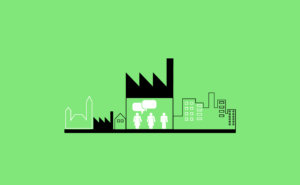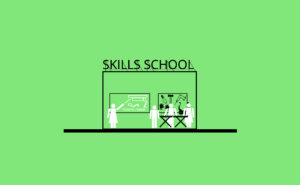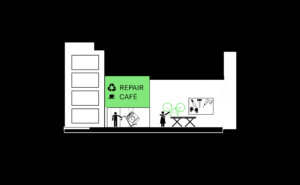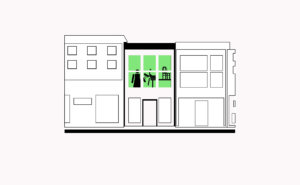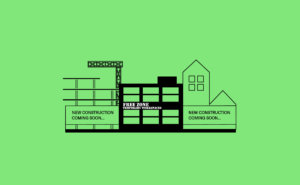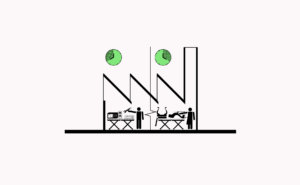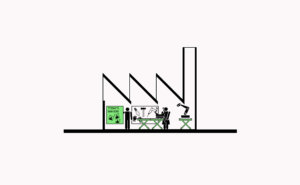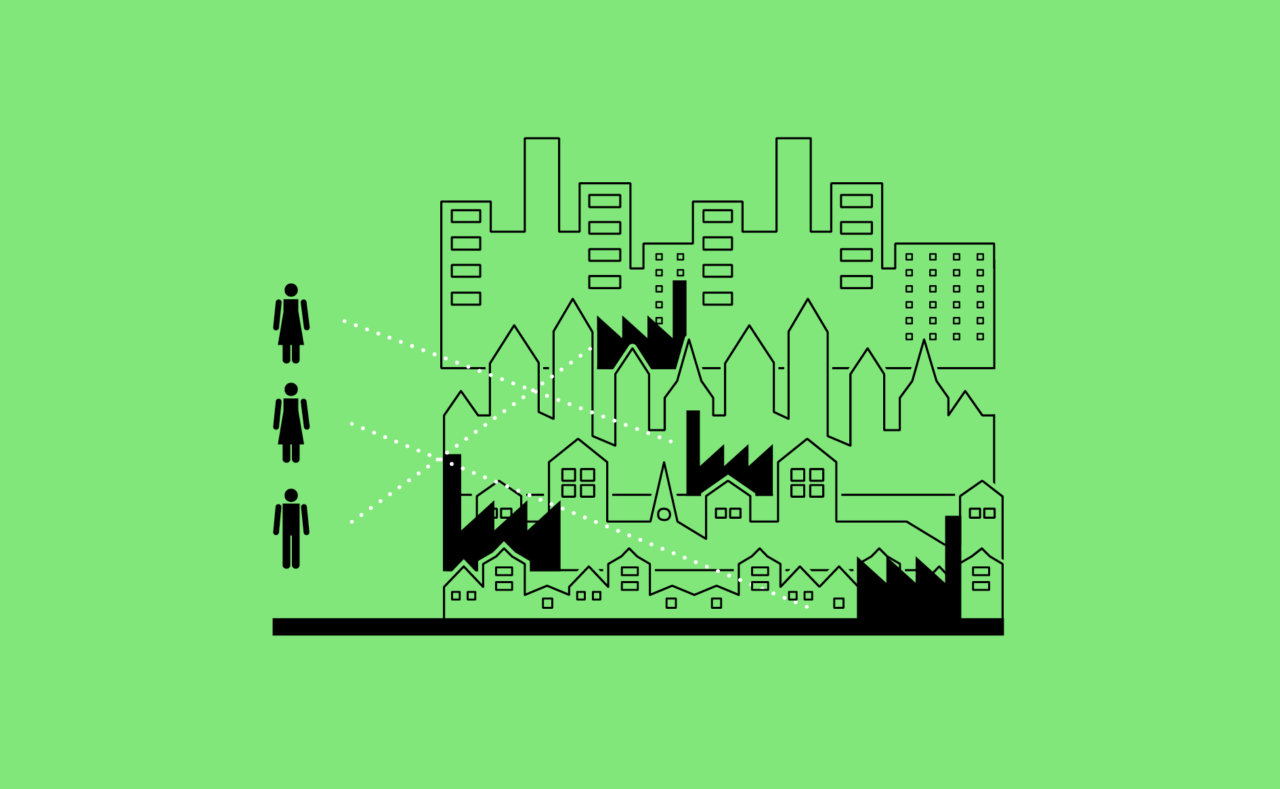
R.4 Availability of Diverse Jobs
A diversity in job opportunities that are fairly distributed across the city allows for workplaces to fit the skills, capacities and interests of the local workforce, provides businesses with options for staffing while ensures cities are resilient and accessible.
[Context] A hallmark of accessible and resilient 21st century cities are those that harbour a diverse range of competencies and work opportunities. Urban manufacturing supports three distinguishable types of jobs. Firstly the low skilled labourer, which involves a fairly limited scope of repetitive tasks such as a machine operator, line worker or logistics labourer. Necessary skills can be trained on the job, which make this kind of work a highly accessible entry point into the workforce. Secondly, the highly trained machinist or skilled technician. This role requires extensive training and experience to master, involving a trade school or possibly a 2-4 year apprenticeship. Thirdly, the pluri-disciplinary worker. This role is increasingly important for 21st century manufacturers where automation and technology have a strong position in the business, yet where workers must also perform a range of knowledge based tasks such as engineering, design, logistics planning, sales and communications. In addition to these three job profiles, manufacturing supports a range of more typical services type jobs such as design, sales, communications, distribution and administrations, which may require some knowledge of the manufacturing processes.
[Problem] As modern European cities shifted focus from industry to services economies, manufacturing opportunities have become narrower. Jobs in many (European) cities are increasingly rewarding services skills in terms of pay, education opportunities and job options. Over recent decades, numerous training colleges have closed, courses and equipment in technical schools have not been adapted to the needs of the industry and formal pluri-disciplinary training (both technical and knowledge) required by many 21st century manufacturers is becoming increasingly rare. Segments of the population also face difficulties to find sustainable work (such as the disabled, migrants and ex-convicted felons). Manual labour can offer meaningful work and pathways to other jobs however such work is increasingly unviable in cities due to land prices or labour costs. Manufacturers in this situation generally cannot survive without some form of structural support or public subsidy to balance their books, which governments may be reluctant to cover.
[Forces] Many cities aspire for diversity and resilience but few find sustainable and politically robust ways to provide required support for sectors like manufacturing. Training and education is a critical challenge, particularly to inspire future workers to develop basic skills and knowledge to be employable. Cities require programs and relevant P.7 Spaces for Development and Education. This generally needs some kind of public investment to ensure that the training is of a suitable quality and the education is relevant to a range of employers. Furthermore, as many urban manufacturers involve small to medium sized businesses, they lack the human resources to find suitable staff. Many businesses thus depend heavily on job agencies, which can be costly or simply incapable of addressing the expectations of future employees due to messy, dusty or noisy workplace conditions.
[Solutions] Provide the city with a wide diversity of jobs, to build on both the competencies of existing available workers and to develop long-term urban scale (policy) ambitions for accessible work. Firstly, inspiring students into vocational training, particularly women, is essential (see R.1 Making Making Visible). Secondly, companies hiring and training employees in vulnerable circumstances (such as the disabled, migrants or ex-convicted felons) could be given advantages when applying for public financing, support or contracts. The social economy can be promoted and financially supported through tax cuts, subsidies and R.10 Place-based Financial Levers. For example, subsidised work could include environmentally necessary but low-skilled work, like P.6 Re-use and Repair Centres, to reduce waste. Thirdly, where jobs and demand for employment exist, encourage ‘social quotas’ and campaigns to promote R.5 Fair Work Conditions. A R.3 Curator could help bridge public interest, business opportunities and community needs. A diversity of jobs should also be fairly distributed across the city, ensuring a healthy social mix and allowing workers to have C.6 Strategic Access to Multimodal Mobility with healthy travel distances between work and home. Finally, cities should aim to provide a range of ways of training workers, supporting mentorships or internships for younger students, providing P.7 Spaces for Development & Education such as traditional training colleges or even a P.8 Community Hub in Making Locations that supports P.2 Shared Making Spaces & Technology. In some cases freelance workers can take advantage of P.5 The Work Home or P.3 Flexible Spaces for Making.
[Contribution] Add contributions here.
